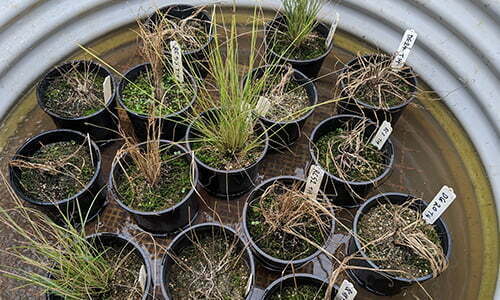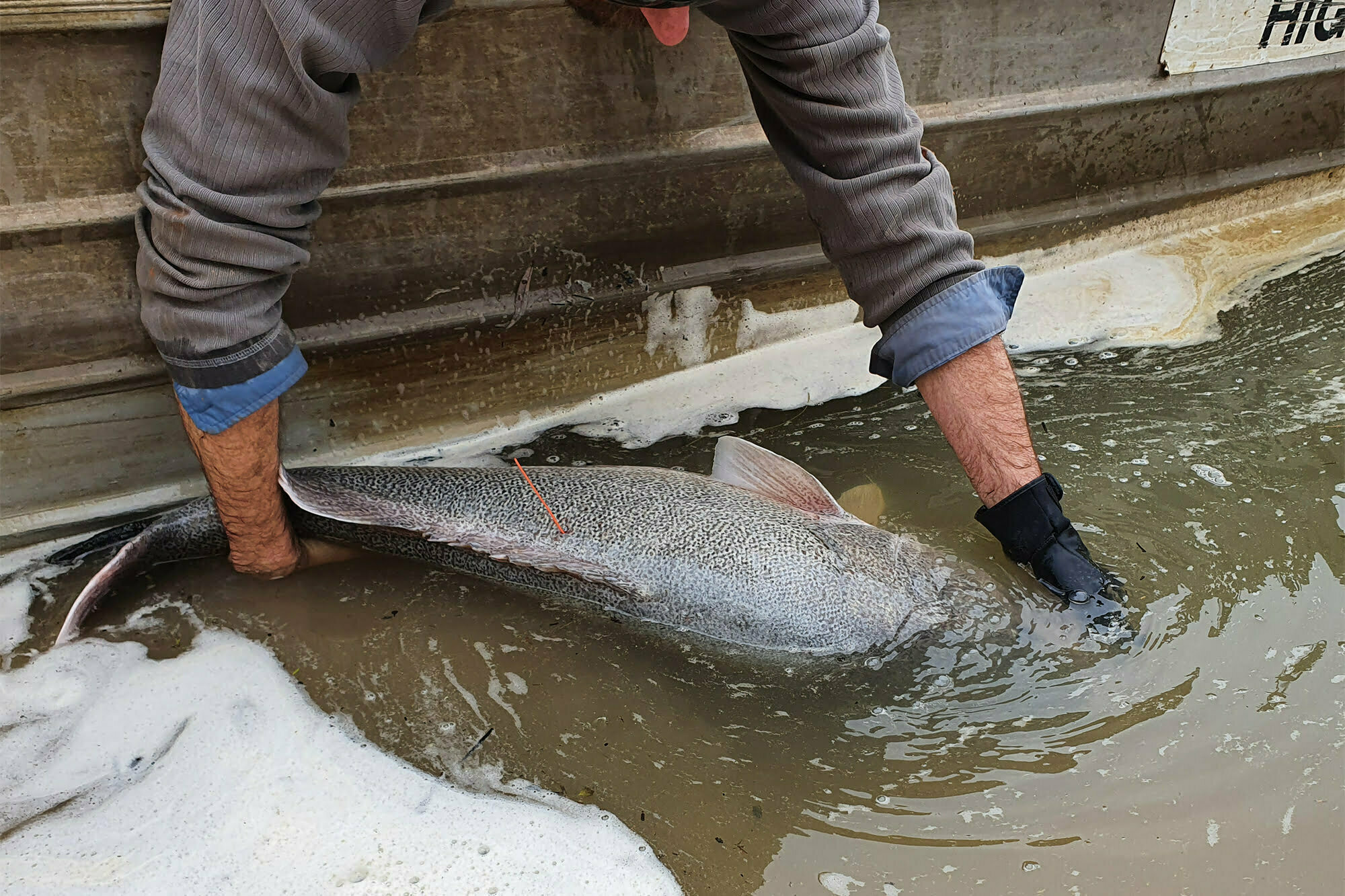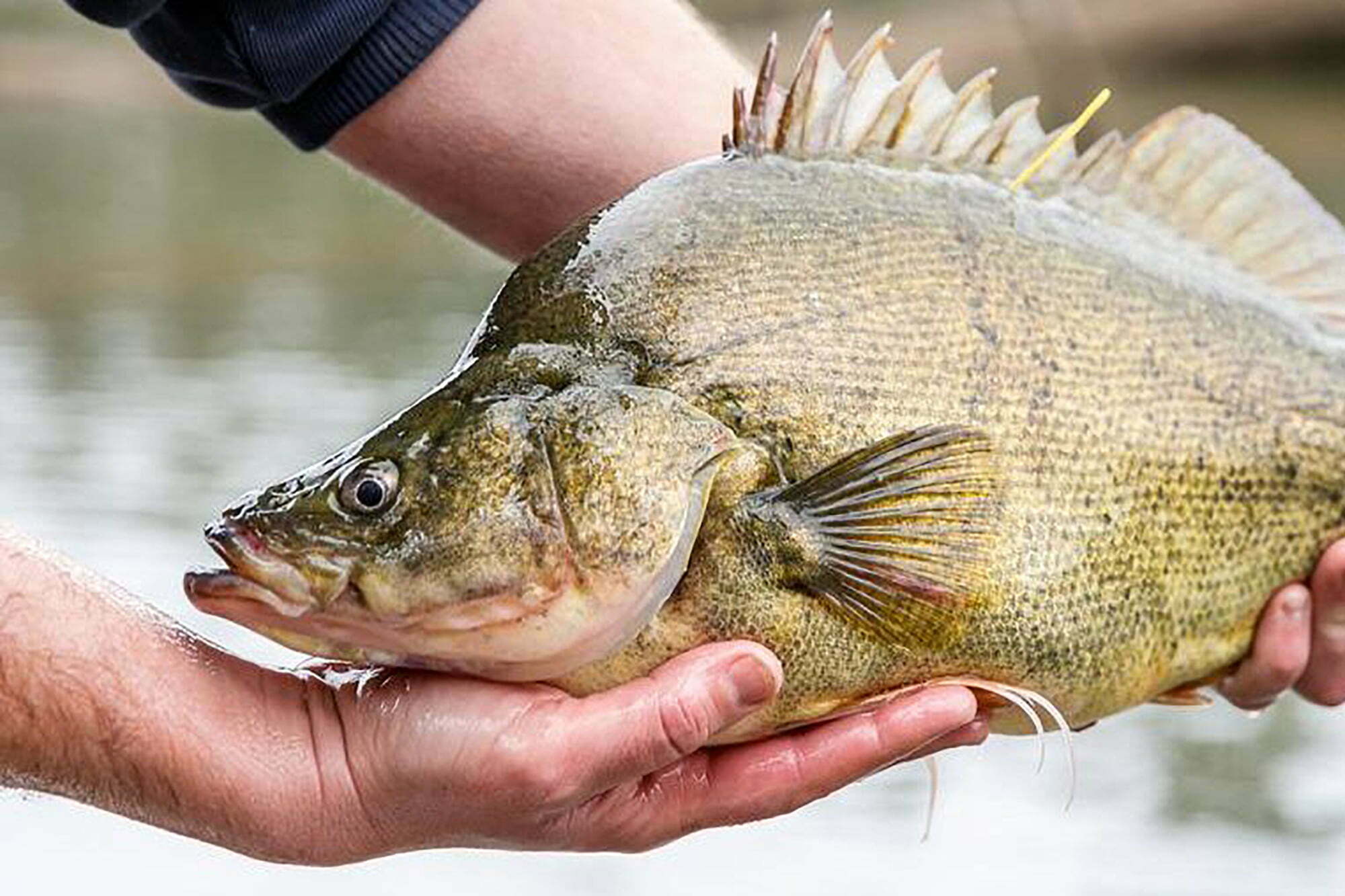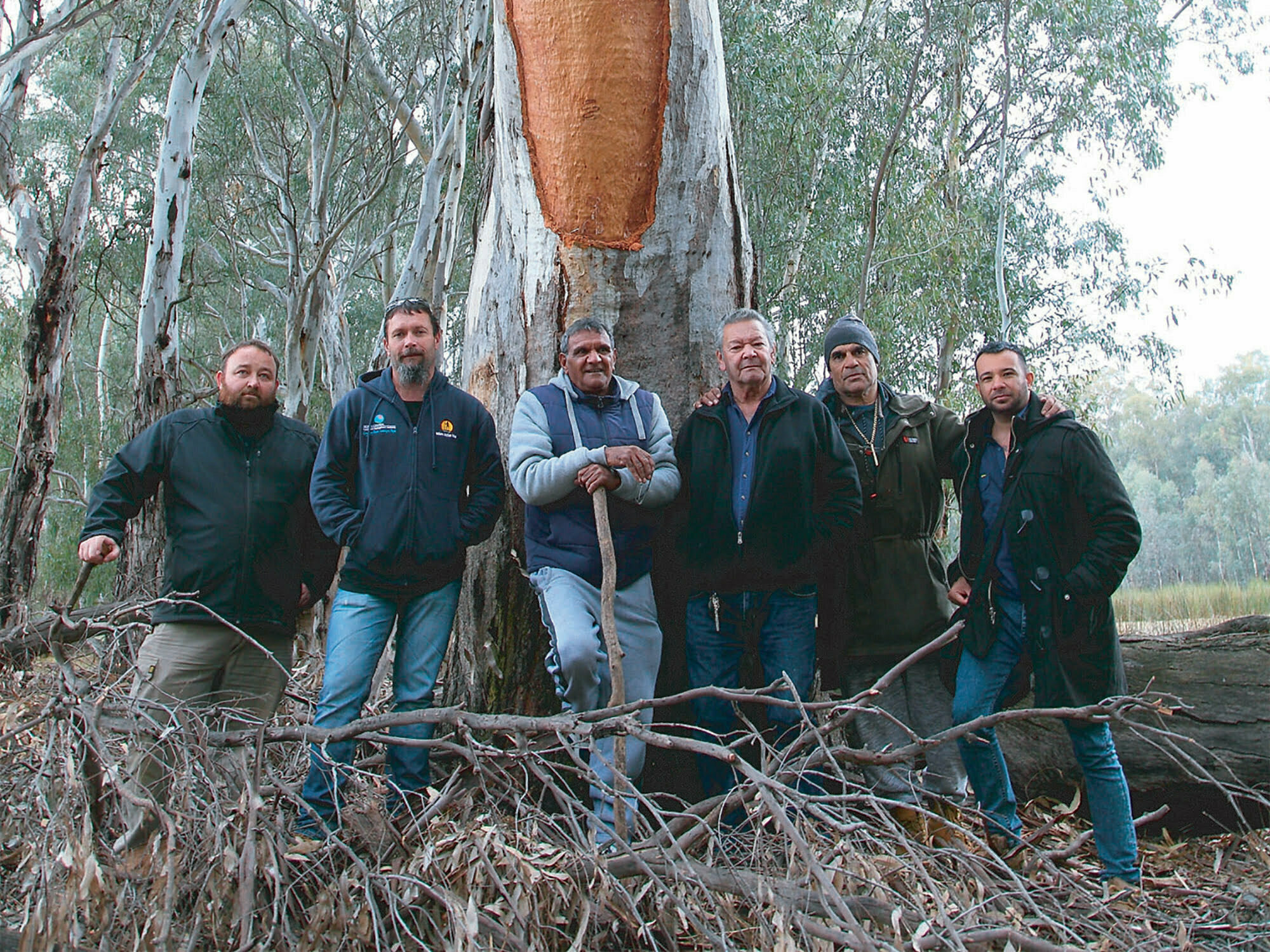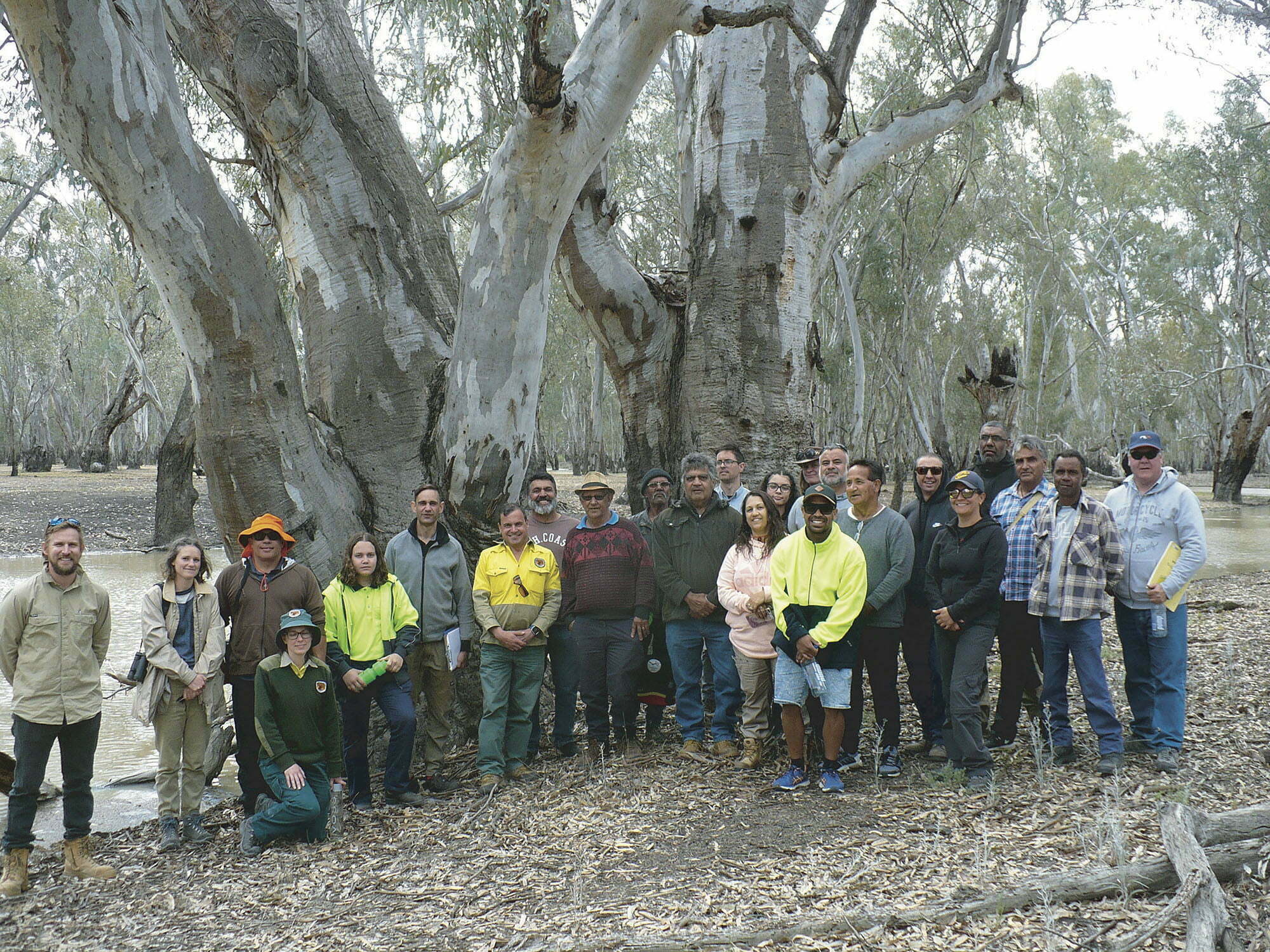ARRC NEWSLETTER – AUGUST 2020 EDITION
Hi everyone,
We hope you are doing okay, and are sending strong ‘vibes’ of support to our Victorian colleagues, who are doing it pretty tough at the moment. As a team who care about connection, we have spent the last month focusing on how we can further extend our support to you – our valued community. If there is one thing you must do, it is to listen to our new River Champions podcast episode, as it highlights the need for us to look at the’ champions’ around us, as well as recognising the ‘champion’ within ourselves.
We have also revamped our Rivers of Carbon Resources Page to make it easier for you to explore our videos, fact sheets, guidelines and stories. Add to that some fish survey findings, three new Flow-MER webinars to get your research brain into gear, and some great new Aboriginal stories, and this newsletter will keep you occupied for a while.
To finish we have the lovely Chris Hemsworth, who worked with the ARRC to put together this message that we recommend you watch every time you are feeling a little low 😉
– Siwan and the ARRC team
RIVERS OF CARBON
Our new Resources Centre for Rivers of Carbon shares the science and practice of what we have learnt over the years we have been working in river and riparian management. We have organised the Resources Centre against topics to make it super easy to navigate, and divvied up the web pages, downloadable PDFs and videos, so you can access what you need quickly.
Along with this, researchers Lyndsey Vivian, Chris Jones and Joe Greet provide us with a summary of their recent work into how riparian grasses respond to flooding during summer and autumn, and the results they achieved.
Take me to the river
What makes a river champion and why are they so important?
In our latest podcast episode I have a conversation with Dr. Simon Mould on what makes a river champion, and why we need to support those people who are working for better water and river management. The ‘champion’ concept usefully highlights the importance of critical leaders in environmental management initiatives. However, our experience tells us that the label of ‘champion’ would sit uncomfortably on the shoulders of many who play critical roles in advancing river management agendas in their communities and workplaces. The label conjures the image of a hero or the elite winner, and this is at odds with the humility and modesty of many of the champions we have met – who are typically not the loudest people in the room, but the ones driving change behind the scenes – so how can expand our concept of championship, in order to recognise and support these individuals?
NATIVE FISH
We have two new stories to share from Finterest – both stories feature work underway in the River Murray, with the first following teams from Charles Sturt University and Ecology Australia, who used PIT tagging to learn more about Murray cod, Golden perch and Silver perch. The second story provides us with a look at the data being collected by research teams from the Arthur Rylah Institute for Environmental Research, as well as a video shared by IFISHTV which shares their work and shows what we are all doing to ‘bring back native fish.’
FLOW-MER FRIDAYS
We’ve been enjoying co-running the Flow-MER webinar series – a series that shares firsthand the activities taking place in the Flow-MER Program. Each video is presented by one of the Flow-MER team members, and we’ve had three great presentations so far, with more to come. We invite you to watch the below webinar sessions.
Webinar #1: Spatial and temporal scales of waterbird movements and habitat use
Presenter: Dr Heather McGinness, Senior Research Scientist (CSIRO)
Webinar #2: Developing an environmental water energetics response model
Presenter: Paul McInerney, Senior Research Scientist (CSIRO) and James Hitchcock, Postdoctoral Researcher (University of Canberra)
Webinar #3: Identification, characterisation and management of refuge habitat
Presenter: Dr. Joanne Bennett, Postdoctoral Researcher (University of Canberra)
ABORIGINAL KNOWLEDGE

We’ve added two new case studies shared by First Nations people and environmental water holders, that highlight significant cultural and environmental outcomes and challenges of First Nations involvement in planning, delivery and monitoring of water for the environment in the Gunbower and Millewa Forests.
Our Knowledge, Our Way Guidelines
CSIRO recently also launched Our Knowledge, Our Way Guidelines, giving a voice to Indigenous land and sea managers who have found good ways to strengthen their knowledge and build partnerships for knowledge sharing in caring for Country.
INSPIRATION
My son Finn and husband Tom tease me about my ‘love’ of Chris Hemsworth, but hey, we all have weaknesses. I got in touch with Chris and asked him to send you, the people I care about in the waterway community, an extra special message of support. Please enjoy!
PLEASE CONSIDER MAKING A DONATION GIFT TO KEEP US DOING WHAT WE DO BEST
Have you enjoyed reading our newsletter and watching the videos we have provided? If so, you might like to give us a donation that reflects what you feel this newsletter means to you. We rely on donations to keep sharing knowledge and staying in touch. As a registered charity recognised under the ACNC, we report to them every year about the contributions people have made in the form of donations. When you donate we can demonstrate that we are valued, and that people are willing to support to us so we can continue to build future resources for you and others alike.
Or send your donation via Direct Transfer:
Westpac Bank
ARRC Public Fund
BSB: 032-730
Account: 198844
If using direct transfer please have as the reference your name & date of donation. I can send you a receipt if required, just email enquiries@arrc.com.au with the details of your donation. Thank you 🙂


